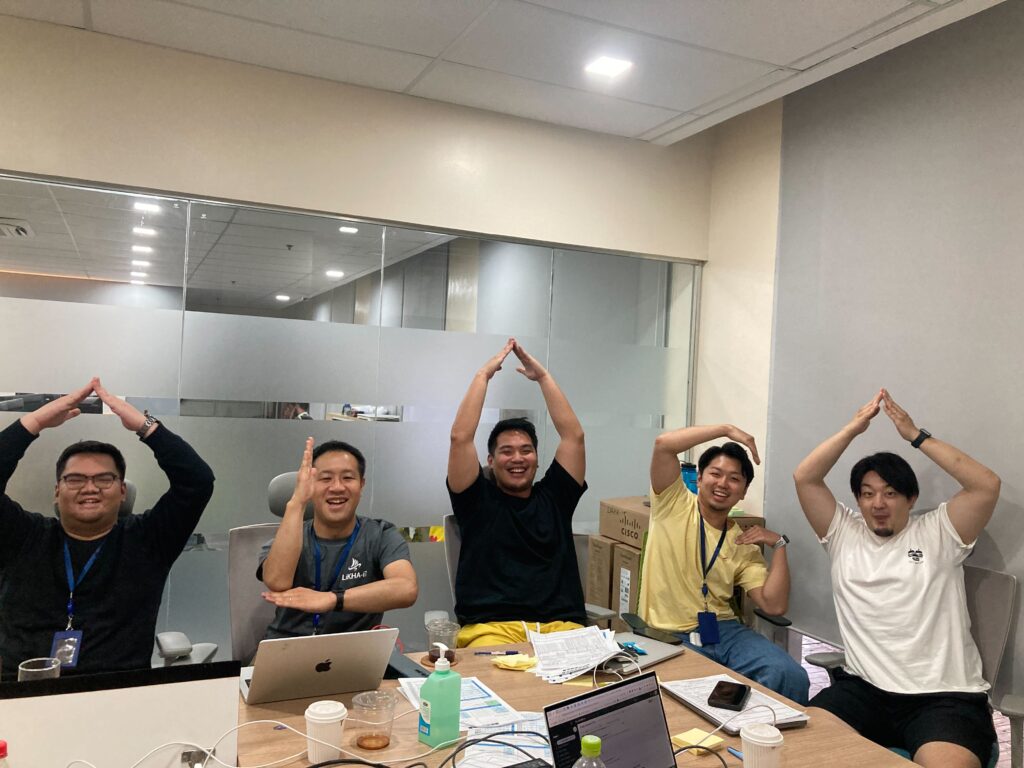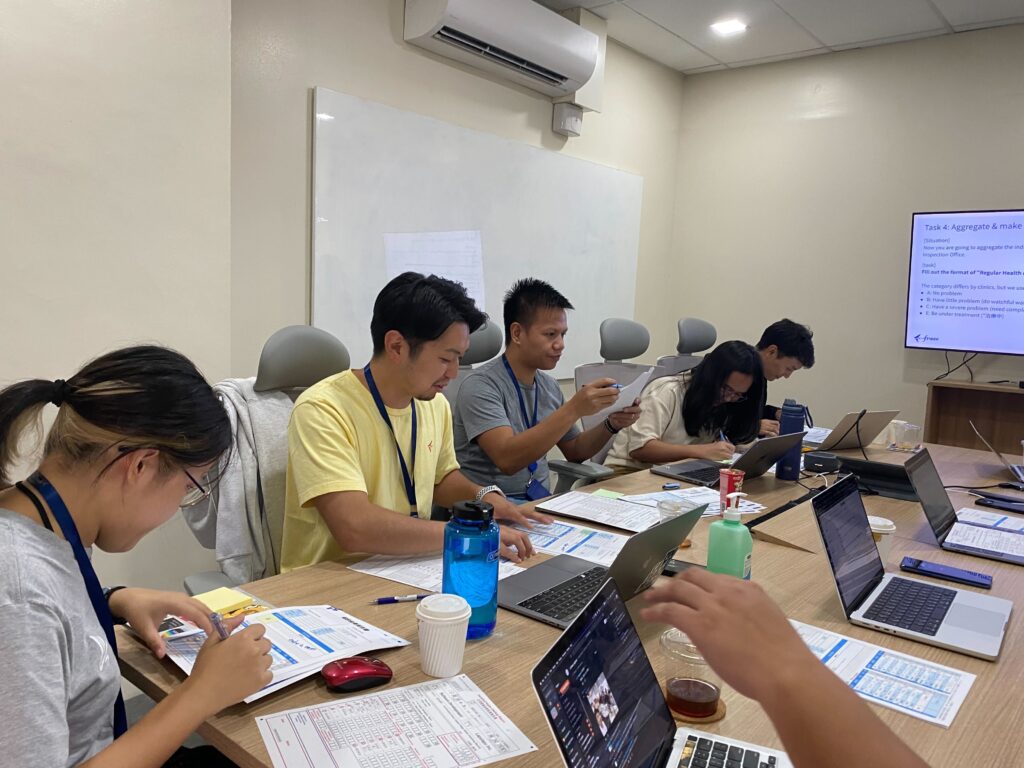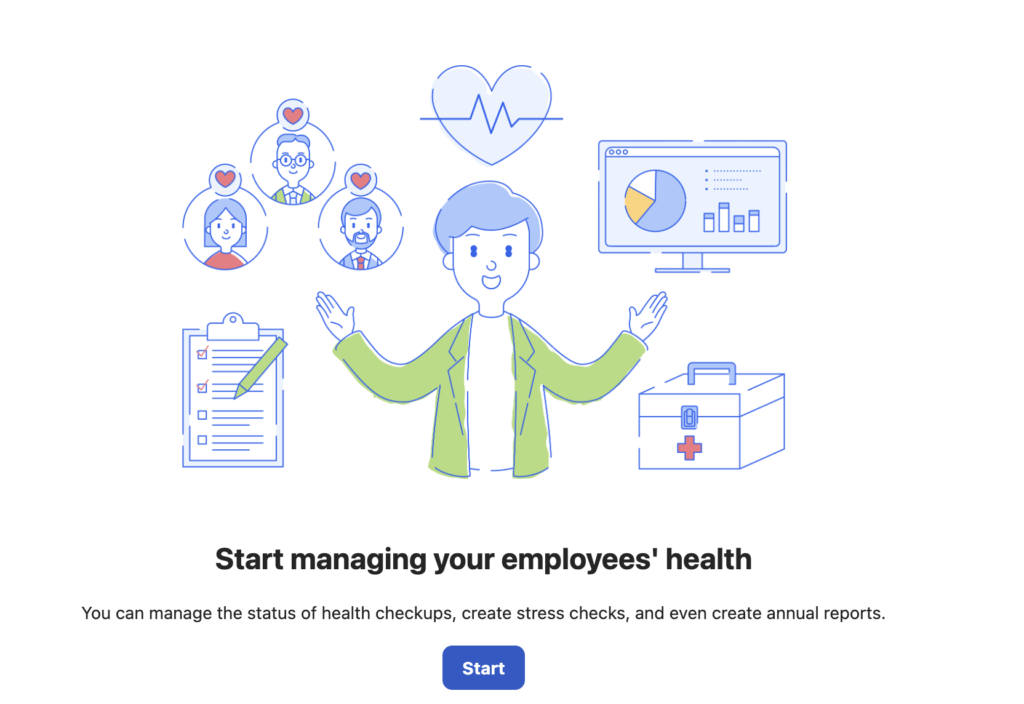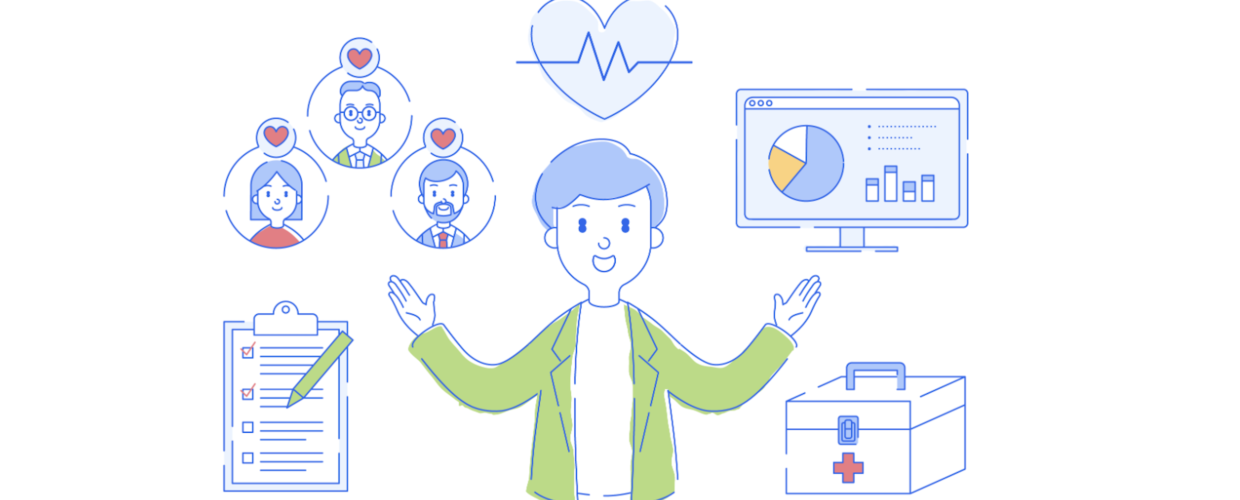Fulfillment—a word that embodies gratification, accomplishment, and a sense of purpose. It arises from engaging in meaningful pursuits that can make a positive impact on the people around us. Fulfillment fueled my dedication, attention to detail, and commitment to delivering quality when I started testing for healthcare services. Testing healthcare service goes beyond the standard assessment of functionalities—it’s about ensuring that every piece of information in the healthcare domain is correct, reliable, and secure.
Last quarter, the Lapu-Lapu team, one of the global development teams of freee and Likha-IT, made its first release of a new service—healthcare. It aims to digitize the manual processes of the overall Japanese health checkup operations. Since this project deals with healthcare, we named it “Alaga.” Alaga is a Tagalog term that means care. In this service, we focus on two major health checks. The first one is called “Kenkōshinda” (健康診断), which translates to health check in English. In a non-Japanese context, this is somewhat similar to the Philippines’ Annual Physical Examination (APE), focusing on the overall physical health of the employee.


The other one is called “Sutoresu chekku” (ストレスチェック), or stress check in English, and this one intrigued me the most as a foreigner. As the name suggests, this check focuses on the employees’ mental and emotional health. Factors such as workload quantity, complexity, satisfaction, the employees’ relationship with their colleagues and supervisors, and even their stress responses are being used to gauge their stress levels. As a mental health advocate, I find it nice for Japan to have this kind of “check” that every company with more than 50 employees must adhere to.
It is relatively new to me, especially the stress check because only physical health is usually being looked at. That’s why learning about the manual process in the ever-so-good country of Japan piqued my interest. Our team had a workshop in the Philippines to experience how the HR personnel and employees must conform to these health checks feel. After the session, we empathize with the people involved, as it is a rather lengthy process, especially for those conducting it, in this case, the HR personnel.

Quality assurance played a vital role in the overall development process, from suggesting potential improvements to mitigating future risks. In this digital landscape, quality assurance stands as a cornerstone for the reliability and efficacy of the healthcare service. Its presence ensured that the service not only met the highest standards of functionality and security but also aligned closely with the compliance requirements of the Japanese government.
Numerous considerations, discussions, and revisions were made to ensure that future users would have a seamless experience. From front-end charts to back-end calculations, we made every effort to make the service as user-centric as possible. Furthermore, we have solicited input from others beyond our team and utilized it as a benchmark to determine how to improve the existing specifications.

The public can now use the service, which is continuously expanding as additional features are yet to be released. The user base is likewise growing consistently. As one of the QAs who helped the project throughout its iterations, I am immensely grateful for the customer feedback highlighting how much Alaga has aided them. This project is something that I will always be proud to share with others, whether or not they are in the same industry, because I was once involved in the creation of a product that has such a profound impact on others.




